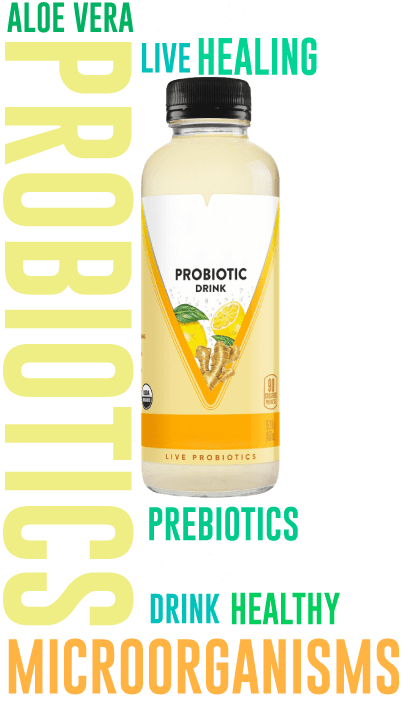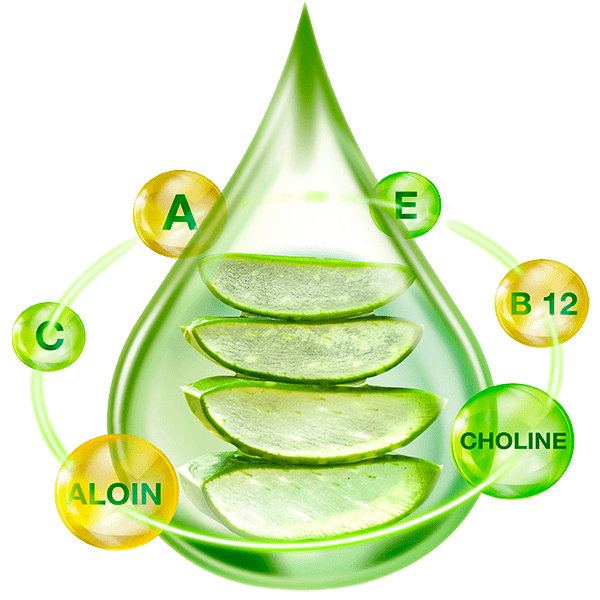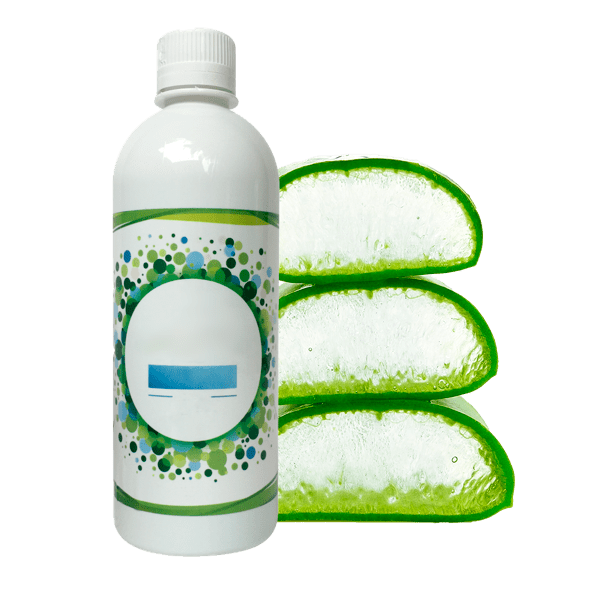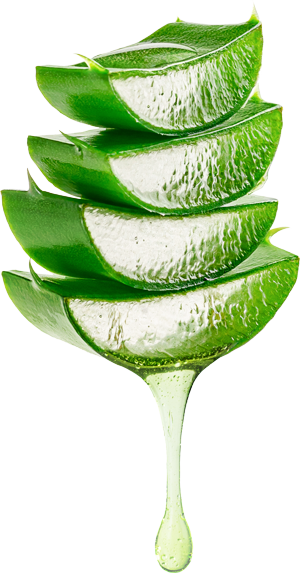Prebiotics & Probiotics Beverages
Consumers are looking for beverages that give an additional benefit other than quenching their thirst. The increasing amount of health-conscious population is the primary factor boosting the functional food and beverage market’s growth. Functional food and beverages have additional nutritional benefits that may help maintain the body’s balance, especially the gut. Many fruit and beverage companies are extending their product line by adding functional beverages to their portfolios, including probiotic drinks. Functional foods and prebiotic drinks are trending food habits all over the world. However, the market share is mainly occupied by developed markets. Asia-Pacific is the largest and fastest-growing market for functional food and beverages.
In the Asia-Pacific region, the probiotics drinks market is a huge opportunity. The majority of probiotics are consumed in the form of yogurts and fermented products. Probiotic drinks, such as drinking yogurt, have been experiencing increasing demand from the region.
The consumption of probiotics in animal diets enhances their digestibility. It promotes pH balance, which has led to an increase in consumption among ruminants (apart from other types, such as poultry and swine).

Create a Nutraceutical range of products with Aloe Vera as an excipient and increase the ability absorption of your active ingredients
The functionality of probiotic strains aids in effective digestion and prevents bacterial contamination, yeast infection, and urinary tract infection. Probiotics are part of functional foods and beverages and help to improve gut functionality. Spurred by aging populations and heightened interest in preventative health, vitamins, minerals, and nutritional and herbal supplements have surged. Global Demand for Aloe Vera extracts will continue its upward momentum. The growing health and wellness trend will also boost positive sentiment on Aloe Vera, with wide-ranging applications opening up new avenues of evolution. Merge the need for innovative, high quality, and cost-effective products to ramping up your sales. Aloe Vera extracts are gaining traction as an essential ingredient in the food, beverages, cosmetics, nutraceuticals, and dietary supplementation.

The nutraceutical properties of Aloe vera have been attributed to a glucomannan known as acemannan. Data has been published about fructans in Aloe vera as many components derived from plants are currently used in drug preparations by pharmaceutical companies. One of the most used plants in any industry is Aloe cause it is well-known for its potential health-promoting properties, such as immuno-stimulation and cell regeneration. These properties are mainly attributed to its mucilaginous leaf gel, which has pharmacological and cosmetic importance with great economic projections.
This gel contains various polysaccharides, including an acetylated glucomannan known as acemannan, which is the most abundant polysaccharide. Mannose constitutes the backbone of the polysaccharide intercepted with glucose units. Mannose and glucose are linked by β-(1→4) glycosidic bonds.
The effects of prebiotic compounds have been widely described as prebiotics promote the growth of beneficial bacterial populations such as Lactobacillus and Bifidobacterium species in the colon, accompanied by the production of short-chain fatty acids (SCFAs) through fermentation processes. These events have been associated with a lower risk of nontransmissible chronic diseases, including some types of cancer, such as colorectal cancer. Aloe vera represents an excellent natural source of prebiotics, as well as a substrate for lactic acid bacteria fermentation. Thus a symbiotic drink using Aloe vera as the main ingredient and lactic acid bacteria as probiotics with significant benefits to human health represents an excellent product to develop.
Aloe Vera is a novel concept for Probiotics Drinks.
Aloe vera is a source of essential micronutrients and active phytochemicals such as ascorbic acid, tocopherols, and phenolic compounds, reducing the free radicals that cause reactions oxidation associated with cardiovascular diseases, carcinogenesis, and aging. Many biological activities, including antimicrobial, laxative, protection against radiation, antioxidant, anti-inflammatory, antitumor, anti-diabetic, anti-allergic, and hypoglycaemic, gastroprotective, immunomodulatory, and wound-healing effects, have been attributed to this plant gel. Some studies have demonstrated that the biological activities of Aloe vera may be related to a synergistic action of several compounds rather than to a single chemical substance. Properties of Aloe vera are attributed to minerals, hydrosoluble vitamins, and glucomannan. Considering the chemical composition and structure of Aloe vera, this plant represents a significant and natural source of prebiotics.

Aloe has a better effect on beautifying. Having purges heat simultaneously leads to long-pending, calm liver defaecation, sterilization being antitumor, eliminating endotoxin, preventing and treating the effects as a disease of the digestive system, and is very potential healthy wholefood.
Nowadays, consumers tend to search for more natural, organic, protein, and non-processed foods due to health concerns. Plant-based products become an exciting alternative to include in consumer’s diets.
Functional product manufacturers recognize that creating products with a nutraceutical component continues to increase in complexity. Everything from determining which market has a growing space to know what product to develop or reformulate must be carefully negotiated. To attract consumer interest, all must be converge in a “perfect storm”: Nutraceutical ingredient, function with flavor, technical aspects, regulatory issues, and sourcing challenges to have a chance at a successful product launch. As the dietary supplement industry is registering steady and rapid growth, consumers are demanding quality supplements. Consumer perception of the quality of oral solid dosage forms is changing. Good quality is associated with the ability to disintegrate and dissolve. Performance characteristics of oral solid dosage forms in public standards will address the in vitro dissolution requirements, which will be presented as they relate to multivitamin-mineral combination products. While the delivery format is essential in appealing to consumer demands, product efficacy remains crucial in gaining market success. Easily absorbable, bioavailable ingredients are crucial when formulating functional products. The commonly accepted definition of bioavailability is the proportion of the nutrient digested, absorbed, and metabolized through normal pathways.

Consequently, it is not enough to know how much of a nutrient is present in a dietary supplement; the more critical issue is how much of that present is bioavailable. A common belief regarding the bioavailability of dietary supplements is that they have to be in solution to be absorbed in the body. As the majority of the vitamins and supplements that we consume are flushed out of our system before we can absorb them fully, Aloe polysaccharides are considered the main biologically active component of Aloe that helps enhance nutrient absorption. The overall effectiveness of Aloe Vera on promoting health in the human body is hugely dependent on the polysaccharides found in Aloe Vera as it can boost your sales of a new class of dietary supplements. So Aloe Vera can be a convenient composition containing very broad-spectrum, 100 percent natural, organic, plant macro, and micronutrients.

